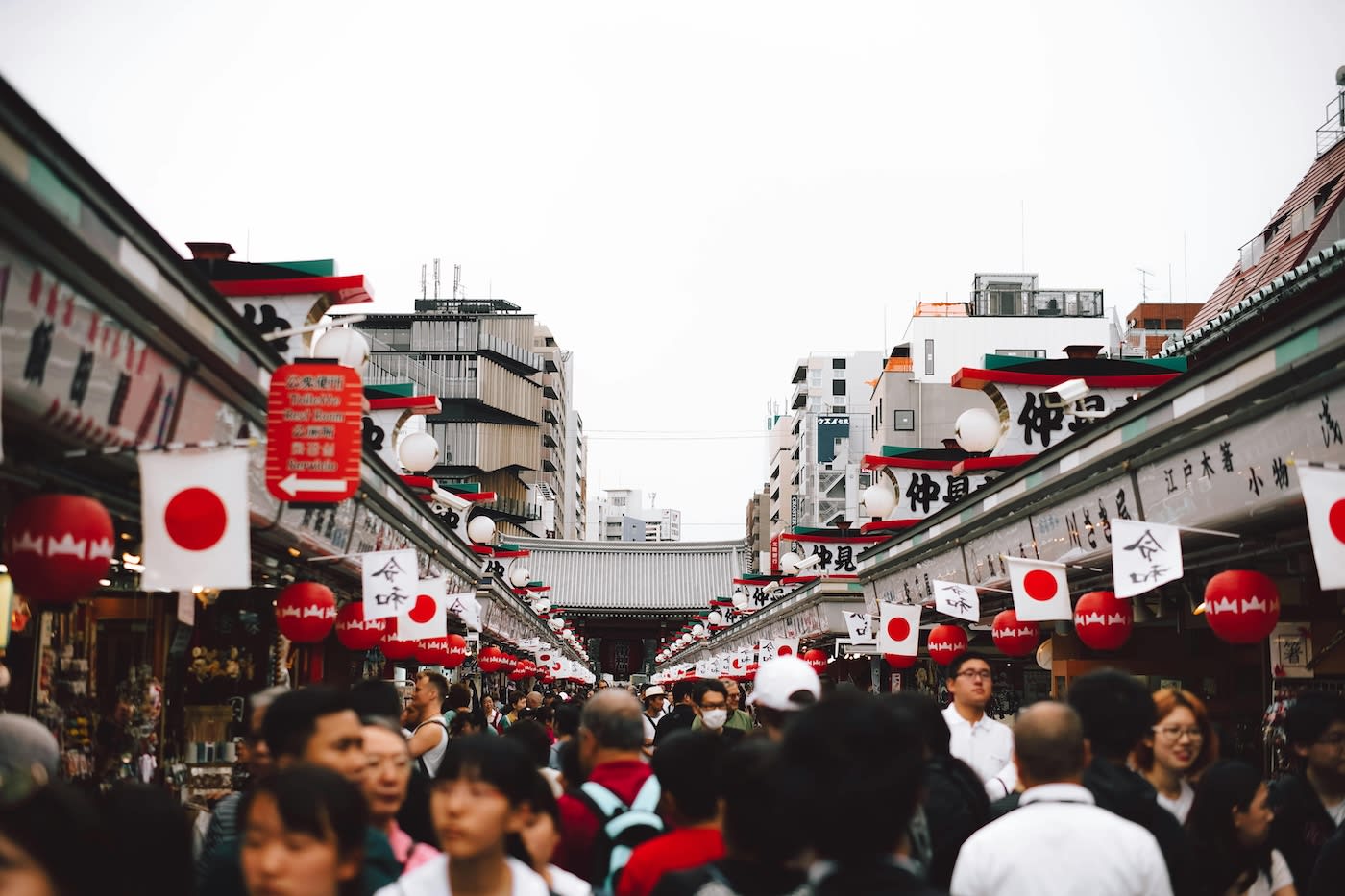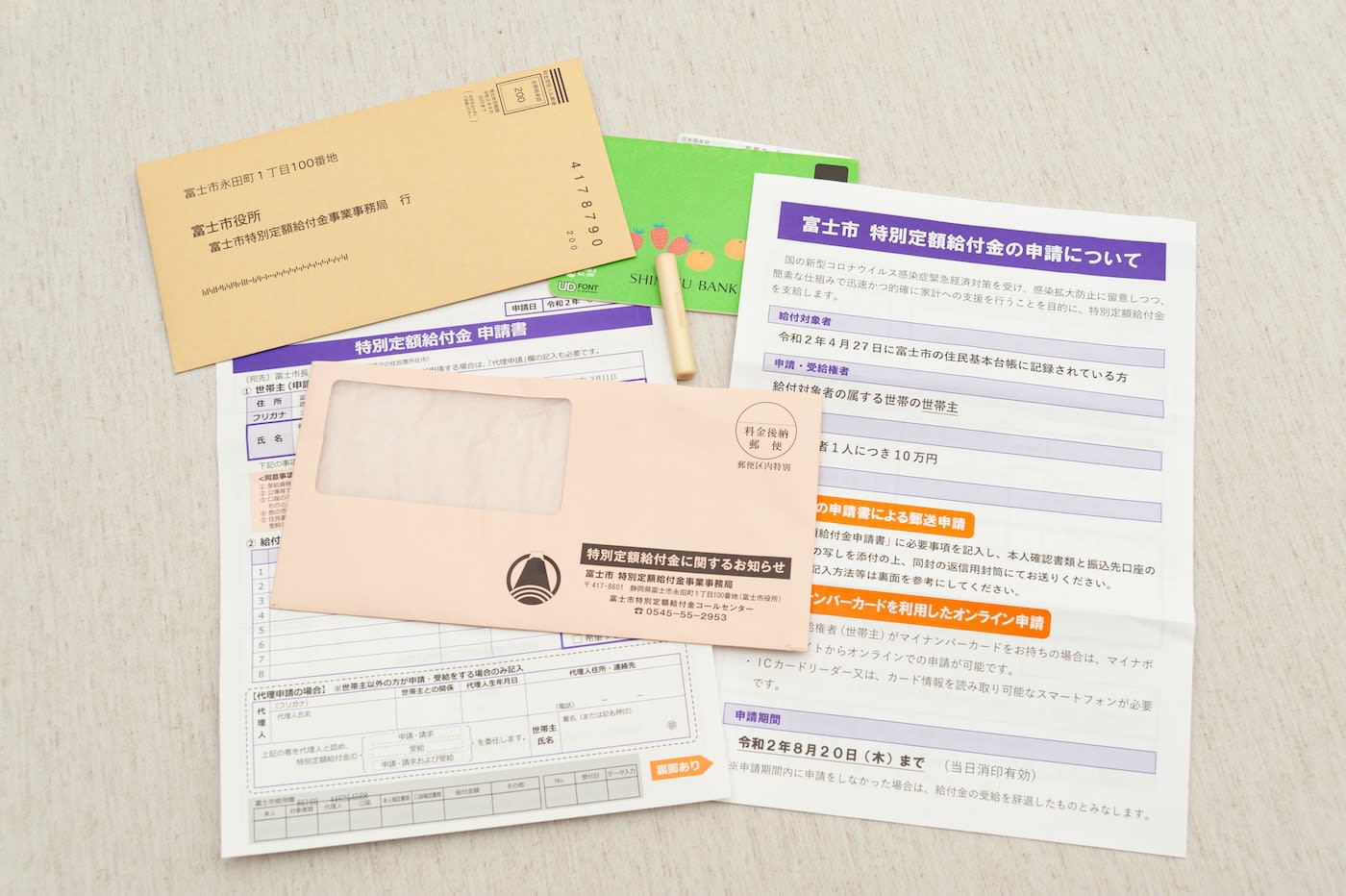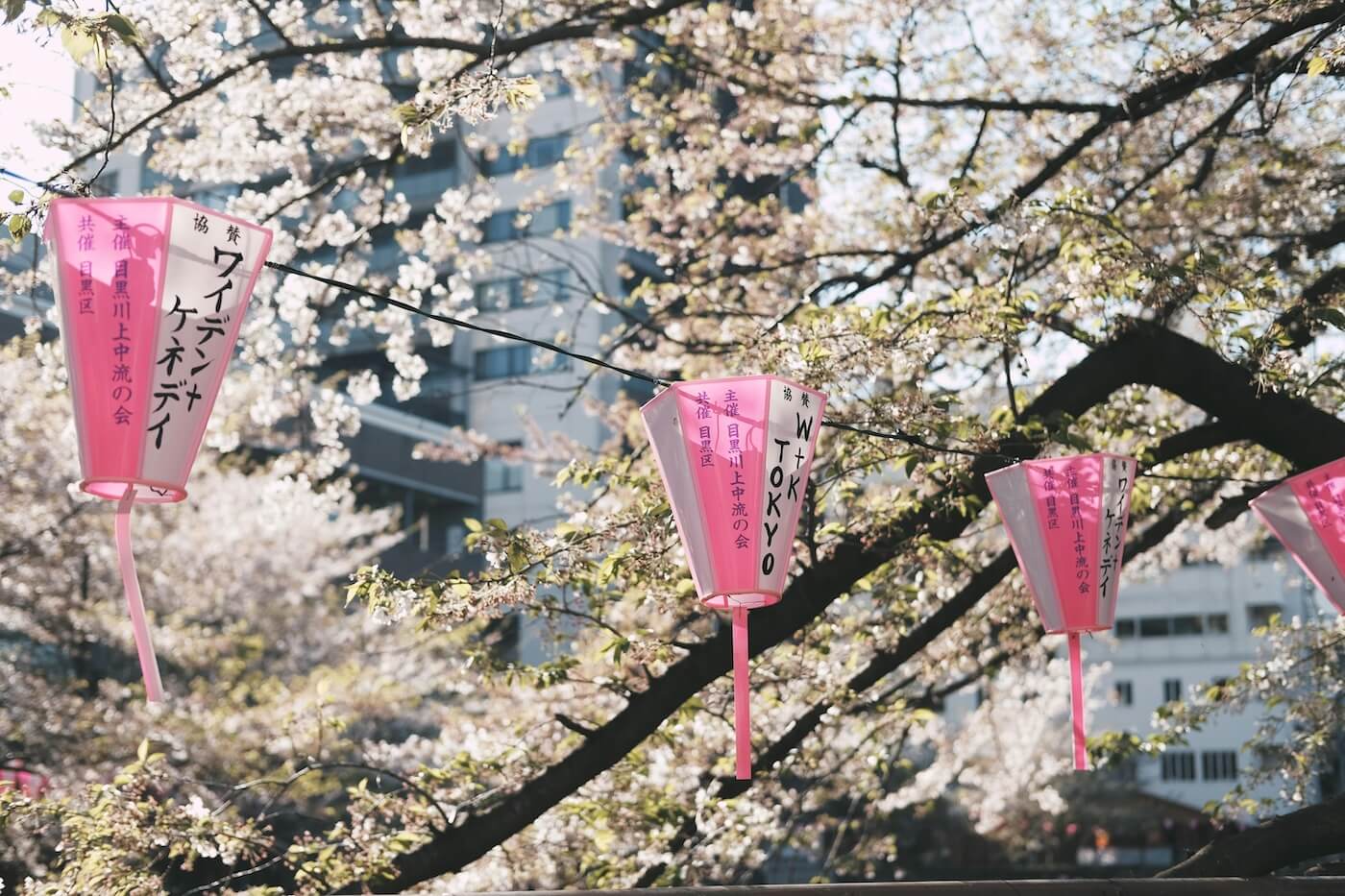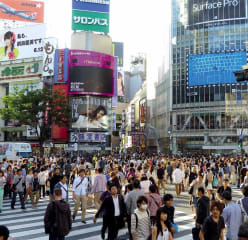What documents do you need when moving to Japan?
Thoroughly prepare for your long-term move.

Moving to Japan is an exciting adventure filled with cultural wonders and new experiences. From the bustling streets of Tokyo to the serene temples of Kyoto, Japan offers a unique blend of tradition and modernity.
But before you live long-term in Japan, you need the proper documentation. This article will guide you through the essential documents required and help you avoid bureaucratic hurdles.
Visa requirements

When moving to Japan, understanding the different types of visas is crucial. Each visa has specific eligibility criteria you must meet.
Common visas include:
- Work
- Student
- Dependent
Eligibility criteria vary based on the visa type. For work visas, you need a job offer. Student visas require acceptance into a Japanese educational institution. Dependent visas need proof of relationship with a primary visa holder.
The application process involves several steps. Start by gathering the required documents, including your passport and photos. Submit your application at the Japanese embassy or consulate in your home country. Then follow up as necessary to ensure everything is on track.
Travel documents

Moving to Japan requires a valid passport. Don’t have one yet? Be sure to start the process several months before your move since it can take a long time to receive approval, depending on your home country.
- If you already have a passport, ensure that it’s up-to-date. Remember to check the expiration date as well. For those staying for a year or more in Japan, your passport needs to be valid the entire time.
Visa approval is the next step.
- Determine the correct visa type for your situation then submit your application and necessary documents to the Japanese embassy or consulate. Again, this should be done months in advance. Waiting until the last minute may disrupt your timeline.
Upon arrival in Japan, follow the proper procedures.
- You’ll need to show your passport and visa at immigration. Lastly, complete any required forms and provide the necessary information. It may seem like a lot to keep track of, but missing one step in the process could derail your travel plans.
Resident registration

Those who are new to Japan will need a Resident Card, also known as a Zairyu Card. This card is issued by Japan’s Ministry of Justice at the airport when you arrive. It’s essential for medium- and long-term legal residency. Once you have one, you should carry it at all times, as it serves as your official ID.
Next, complete the resident registration process. This means registering at your local municipal office within 14 days. Be sure to bring your Zairyu Card and passport with you. This step is mandatory to access local services and utilities.
Timely registration is crucial. It ensures access to healthcare, banking, and other services. Delays can lead to complications, so it’s important to prioritize this step. This is a big part of making sure you have a smooth move.
Housing

Your lease agreement is crucial when it comes to housing in Japan. This document outlines rental terms, so be sure that you understand all of the conditions.
- If you’re staying in one of Blueground’s fully furnished apartments in Tokyo, you’ll have flexible lease options. That means you can stay for a month, a year, or longer. Plus, you can easily extend your stay.
Lease agreements often need a guarantor, especially for foreigners.
- Guarantor requirements are strict. A guarantor, usually a Japanese citizen, co-signs your lease. They are financially responsible if you default. Don’t worry if you don’t know a Japanese citizen. Some agencies offer guarantor services for a fee.
As we mentioned in the section above, address registration is important.
- Whether you’re staying in a high-rise Tokyo apartment or elsewhere, you’ll need to register your address at the local ward office within 14 days of moving. It links you to essential services and legal notifications.
Work-related documentation

When you’re going to Japan for work, understanding the country’s work visa specifics is crucial. Different types of work visas exist, tailored to various professions. Ensure you apply for the correct category. This is your legal ticket to employment in Japan.
Also, your employment contract is a key document. It details your job role, salary, and work conditions. Review it carefully before signing. This contract helps support your visa application.
Additional work permits may be needed. It all depends on your job, company, and location. Your best course of action is to check with your employer and local authorities. However, don’t just reach out once and consider it done. Double-check that everything needed to work in Japan is in order.
Health insurance

For newcomers, understanding the types of health insurance in Japan is important as well. Japan offers public and private health insurance options. Public insurance is available to foreigners with long-term visas for Japan, while private plans offer additional benefits. Choose what fits your needs best.
The application process for health insurance is straightforward. For public insurance, visit your local city office. Private insurance applications can be done through various providers. Just remember to complete the application before you arrive, so you’re covered as soon as you’ve moved to Japan.
Required documents for health insurance are crucial. You’ll need your resident card, proof of address, and passport. Some private insurers may ask for additional information. Make sure to prepare all necessary documents in advance.
Banking in Japan

You may need to open a bank account in Japan.
- While some specialist services may be able to help you set up an account before you arrive, most require you to apply in person. So you’ll first need to visit a local bank branch. Also, keep in mind that you may need to live in Japan for six months or longer and hold a long-term residence permit for this to be possible.
What documents are required?
- At a minimum, you’ll need your resident card, passport, and proof of address. Some banks may also ask for an employment contract. The better organized you are with your documentation, the easier many processes become.
Luckily, banking procedures in Japan are straightforward.
- Fill out the application forms provided by the bank and, once approved, you’ll receive your bank book and ATM card.
Tax documentation

Tax documentation in Japan starts with getting your taxpayer number, known as “My Number.” This is a unique 12-digit number assigned to every resident of Japan. You’ll receive it after registering your residence. It should be printed on “the notification card” that you’ll get from the municipal office of your registered address.
Filing taxes in Japan can be complex since there are numerous kinds of taxes: income, enterprise, property, consumption, vehicle, and more. We suggest you either use trusted tax software or seek professional help. After all, proper filing ensures compliance and avoids penalties.
For those working in Japan, employers should provide tax forms for you. These include your income and withholding tax details. Don’t forget to keep these documents somewhere safe. They’re crucial for your annual tax return.
Staying connected

Just because you’re moving to Japan doesn’t mean your personal and professional life. Securing a mobile phone contract is relatively straightforward, often requiring a valid residence card (Zairyu card) and a local address.
Major carriers like NTT Docomo, KDDI, and SoftBank offer a variety of plans to suit different needs, from data-heavy packages for digital nomads to more basic options for occasional users.
Setting up internet service is another crucial step. Luckily, many furnished apartment providers, like Blueground, simplify the process by providing high-speed Wi-Fi. Having the necessary identification is key throughout these processes. Your residence card (Zairyu card) will be indispensable, as it serves as proof of your legal status in Japan.
Enjoy your time in Japan

Moving to Japan is an amazing adventure, but it also involves lots of documents and regulations. It’s best to overprepare, so your move is as easy as possible.
From residence cards and passports to visa documents and ERFS certificates, every document should be thoroughly researched and considered.
Fortunately, housing in Tokyo is simple. Blueground offers fully furnished apartments in the city’s best neighborhoods. Each home is thoughtfully designed with exclusive furnishings, fully equipped kitchens, and incredible amenities. Plus, you’ll enjoy high-speed Wi-Fi, premium linens, and smart home entertainment.
We hope to host you soon for a long-term stay!








